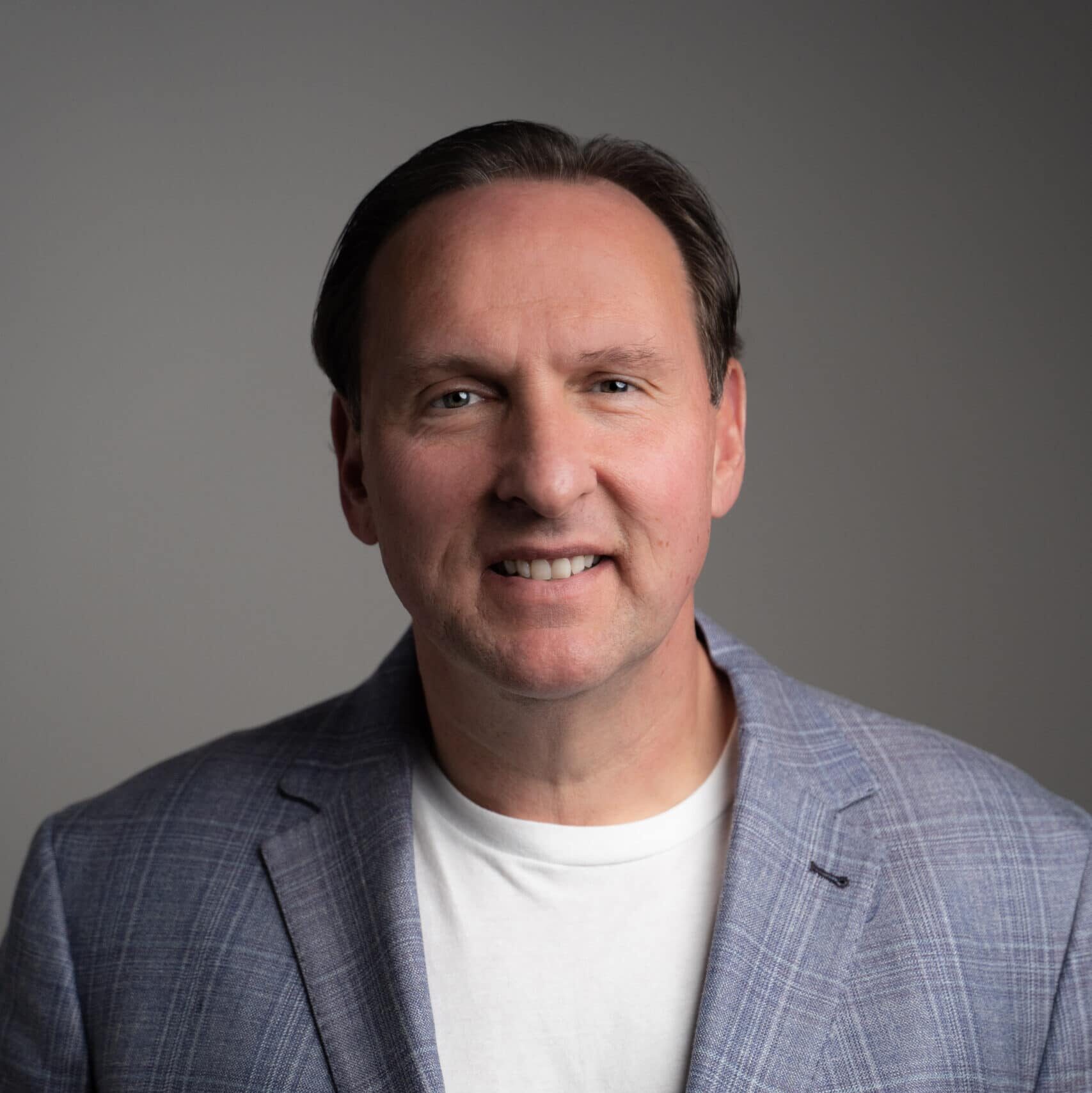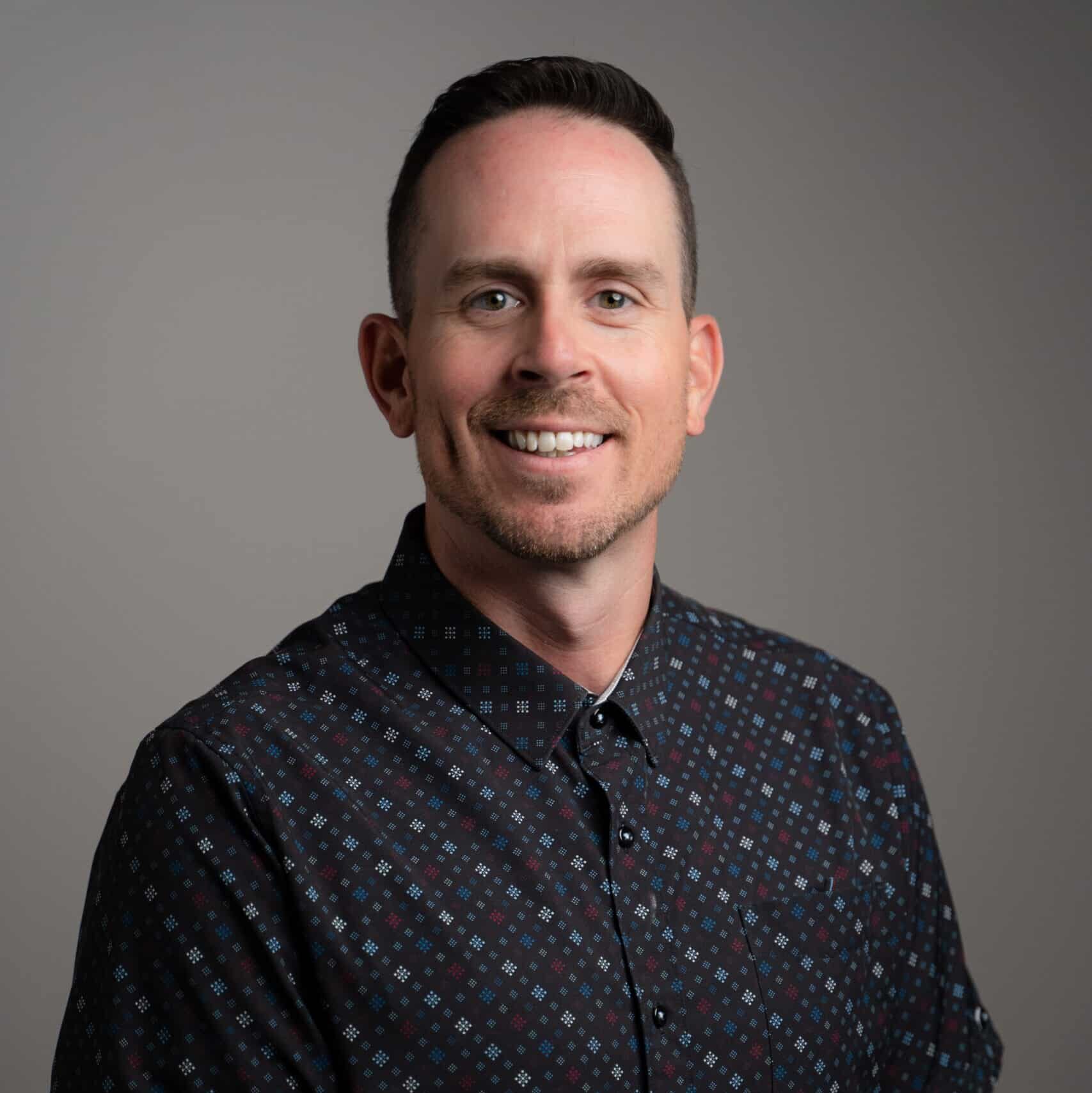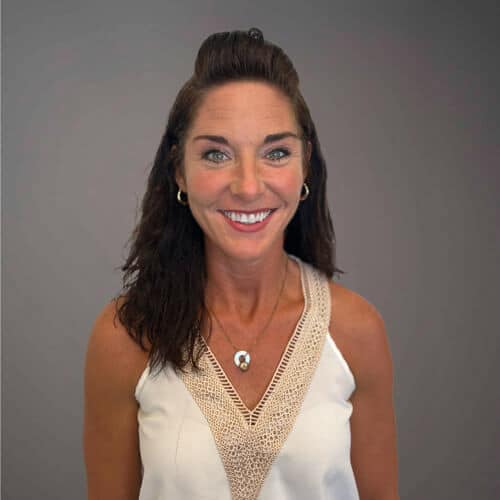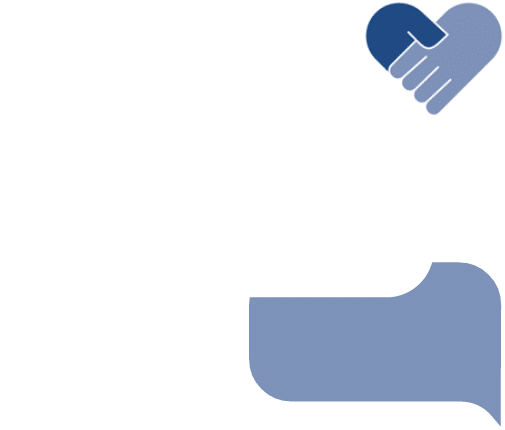Addiction and Mental Health Intervention Services in Mississippi
Our S.A.F.E.® (Self Awareness Family Education™) Addiction and Mental Health Intervention Services in Mississippi Helps Families Help their loved ones Want Help before they Hit Bottom
Many family members in Mississippi and elsewhere believe addiction and mental health is a moral dilemma. If only the person would get a job, find that special someone, go to church, and use their willpower, they should be able to stop. We want to think that works ourselves, and it does not. Once in a blue moon, you hear about someone who knows someone who just up and quit on their own. For almost everyone else, it is not this easy. Some families have too much pride and ego to expose the problem, and some believe by not exposing the problem, it doesn’t exist. Sometimes, a family just flat out will not let an outsider in to help due to trust and ego and the fear that we may accomplish something the family has never done, which is getting a yes from their loved one. Families unwilling to expose the problem are frequently the same family members who try to correct the problem in-house, in other words, without a professional. Thoughts of professionals being all about money or not knowing their loved ones like the family does are often the problem. When these scenarios occur, families do not improve the situation and usually justify the problem as not being as bad as it is. Some families can’t afford professional help, while others can and are unwilling to spend any money because they believe treatment is a waste of time and the loved one needs to quit. Some have been told their loved one has to ask for help, want help, and hit bottom before the situation can improve. There is truth to that, and it is not that simple.
When someone has an addiction or mental health problem, they must see the consequences of staying the same and the benefits of doing something different. Most people will not change when they are in a comfortable routine. If you keep giving people free money and housing, they will most likely not look for a job or a place of their own. When your loved one is rent- and consequence-free, with the magic refrigerator that stocks itself, they will not ask for help, want help, or hit bottom. Families in Mississippi know this, yet they can’t seem to let go of enabling and psychological justification that their loved one is a victim of circumstances. When a family continues making excuses for their loved ones and themselves, they are preventing their loved one with addiction and mental health issues from wanting help and hitting bottom.
An intervention is not about how to control your loved one with a substance use or mental health disorder; it is about learning how to let go of believing you can.
What our S.A.F.E.® Addiction and Mental Health Intervention Services do for Families and their loved ones in Mississippi
Most of our addiction and mental health intervention services in Mississippi are for Methamphetamines, Fentanyl, Alcohol, and mental health disorders. Families who inquire about our intervention services are calling for a reason, mainly because they are nearing their bottom and can’t continue living in their loved ones’ nightmares. Other times, the calls come in due to a recent crisis or uptick in the problem.
Our S.A.F.E.® Intervention Services guides families on what to do differently, why, and how to do it differently. Up until an intervention, families in Mississippi have been navigating the problem under the guidance of their loved ones with addiction and mental health disorders and other family members under stress and duress. Neither the one with addiction or mental health issues nor the emotionally flooded family members can fix the problem in-house or amongst themselves without a professional.
The process starts with face-to-face intervention, which includes your family members, the professional interventionist, and the intended patient. Whether your loved one accepts help or not, one of our primary goals is for your family to move forward in recovery. Whether or not your loved one chooses recovery is on them; you must move forward to start the healing process. You will learn that wanting help and hitting the bottom is necessary, while you also learn there are things you can do to help them want help and feel the bottom. To improve the condition of addiction or mental health, we must address the environment first. The environment of the one with addiction and mental health is one of the number one predictors of successful outcomes. It is coincidentally the one area your family has a significant impact on. Our experience shows that the intended patient often follows when a family improves. We see that when the family gets better and stops enabling, sets boundaries, and holds their loved one accountable, their loved one starts to see the need to do something different, making wanting help an option when it was not an option before. As we implied earlier, your loved one will not wake up one day and say I will stop doing what I am doing on willpower alone. Wanting help can only happen if they feel the negative impact of their choices. Your family can make a difference by making changes first.
What to consider when choosing an Addiction and Mental Health Interventionist in Mississippi and elsewhere
Families in Mississippi are aware of their limited resources for professional addiction and mental health interventionists and effective quality treatment centers. Most people in Mississippi would benefit from attending a facility outside their environment beyond the state lines. Some may not consider traveling for treatment, and it will be recommended. Regarding interventionists, we are the only intervention service in Mississippi with an entire staff of intervention coordinators, interventionists, and family recovery support specialists. After an intervention, almost all interventionists fail. Most people who call themselves interventionists, even when they shouldn’t, believe the intervention is the speech or conversation between themselves and the intended patient with addiction or mental disorders. The conversation or the speech is not an intervention but an interaction. Interventions require multiple people and multiple departments. The definition of an intervention is specific strategies and clinical instruments used to address a problem or behavior and to meet a specific goal of correcting or improving the problem or behavior. Nowhere in the definition, not in the dictionary or clinical textbooks, does it define intervention as someone in recovery getting paid for a twelve-step call. A twelve-step call is when someone in recovery from your local Alcoholics or Narcotics Anonymous meeting hall comes over to your house to speak to your loved one for free. If all you desire is the speech, do not pay a dime for that. Go to your local meeting hall, round up some members, and have them over for the speech.
Clinically speaking, interventions occur all day, several times daily, every day, and never end. Interventions are not like what you see on television. Interventions, as seen on TV, have portrayed the wrong picture of what an intervention is. Although some of it is accurate, the real work that makes up the definition of the intervention occurs after the interaction. Even if the speech helps your loved one surrender to treatment, it will not help your family keep them in treatment or prepare for their volatility while they are in treatment. When considering an addiction and mental health interventionist in Mississippi, please consider what you want. If you wish to make another failed treatment attempt, have someone give the speech. If your family desires change and closure regardless of the outcome for your loved one, then you need a professional. Addiction and mental health treatment is ongoing, and the support of your interventionist should be, too.
“Many interventionists try to play therapist and clinician while adding on family recovery and coaching services. None of these interventionists is qualified or licensed to do that. Interventionists must stay in their lane after the person accepts help. The best outcomes come from your loved one’s treatment team and the treatment center’s family program. If you choose an interventionist who offers support services after a successful intervention, it will create friction and discrepancies in your loved one’s treatment; we have gone down that road, and it does not work.”
Mike Loverde, MHS, CIP










